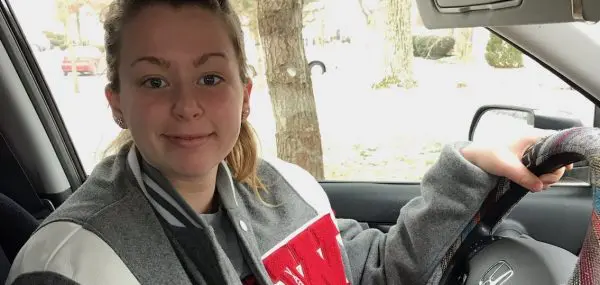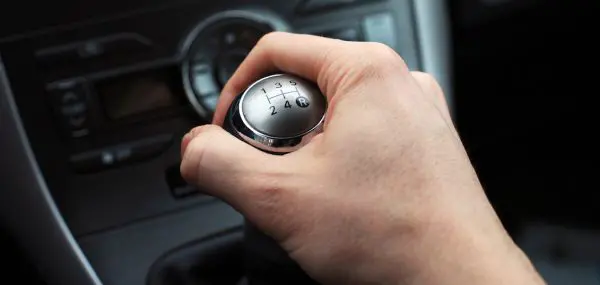Car crashes are the No. 1 cause of death for teenagers in the United States. In about 10 percent of those fatalities, distracted driving is the cause, according to the National Highway Traffic Safety Administration. The bottom line: 15-to-19 year-olds are more likely than adults to be in a “distraction-affected” crash. We asked Anne Marie Hayes, a certified driving instructor and author of 3 Keys to Keeping Your Teen Alive, for ideas about how to talk to teens about distracted driving.
5 Ways to Talk to Teens About Distracted Driving
1. Talk about it (a lot).
Raise your teenager’s awareness of all the ways to be distracted behind the wheel. “Distracted driving is anything that takes your teenager’s hands off the wheel, eyes off the road, or mind off the task,” says Hayes. That includes eating, changing the radio, friends, rooting around in a bag, and lots more. But these days, of course, using a phone while driving is the biggest distraction for teenagers (and all of us, frankly).
| [adrotate banner=”99″] |
2. Set driving rules.
“The rule is—absolutely no using the phone while driving,” says Hayes. “I suggest they turn off their phone and put it in the glove compartment or somewhere where they cannot see it, cannot reach it. Parents need to realize how dangerous this is.” If a teenager must use her phone, she should ask a passenger to do it for her or pull over to a safe place.
Hayes stresses that when parents talk to teens about distracted driving prevention they make clear that even using a phone hands-free is a distraction, particularly for inexperienced drivers. “A lot of people feel that if they use a hands-free phone, that solves the problem because their hands are on the wheel,” she explains. “But minds off the task is the biggest problem.” Phone conversations can lead to a condition called “task-related blindness,” where an individual zones out and stops paying attention to the task at hand.
3. Enforce consequences.
Using a phone while driving should be met with a swift and strict consequence, recommends Hayes. “For example, if you break the driving rules, you lose your driving privileges for the next two weeks. And it starts immediately.”
4. Parents have rules too.
It’s not enough to simply talk to teens about distracted driving. “Parents need to model the behavior they want their teens to follow,” says Hayes. “If parents are using their own cell phones, whether it’s hands-on or hands-free, they can expect their kids to drive the same way, but with a whole lot less experience.” Parents should also be mindful when teenagers are driving, and not call or text them during those times.
5. Be aware of other drivers.
“Not only should parents have a rule about their own teenagers not using the phone; they need to help teenagers be very aware that other people may be using their phone,” says Hayes. “Everyone has to drive with increased caution. The number of people who go right through red lights now is astonishing. All it takes is one mistake.”





